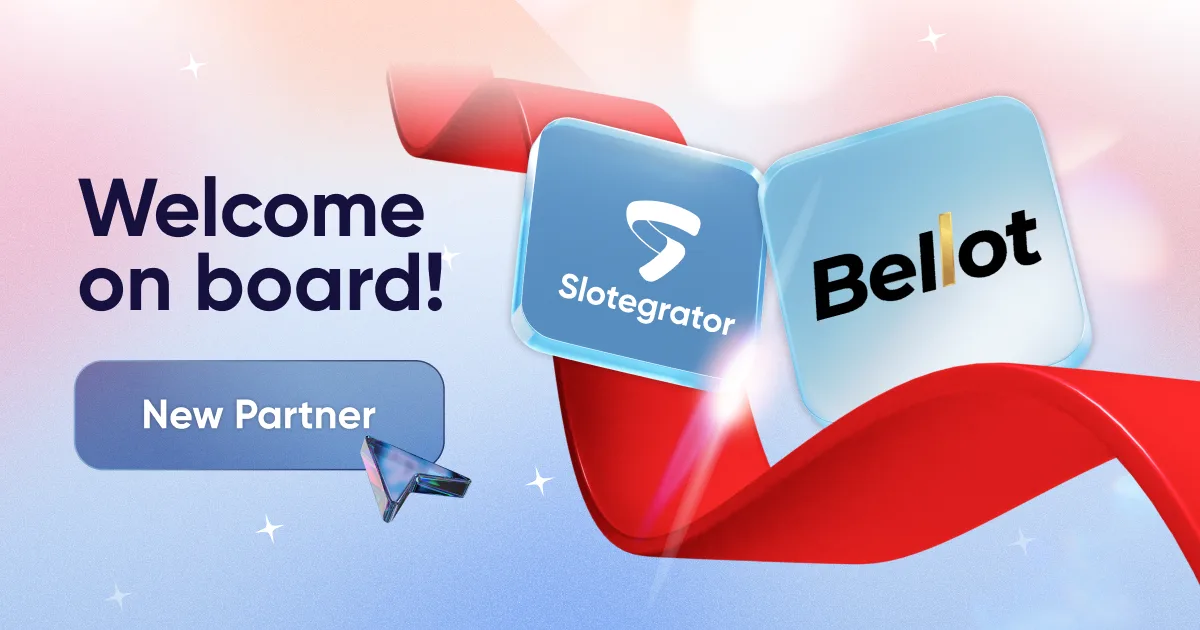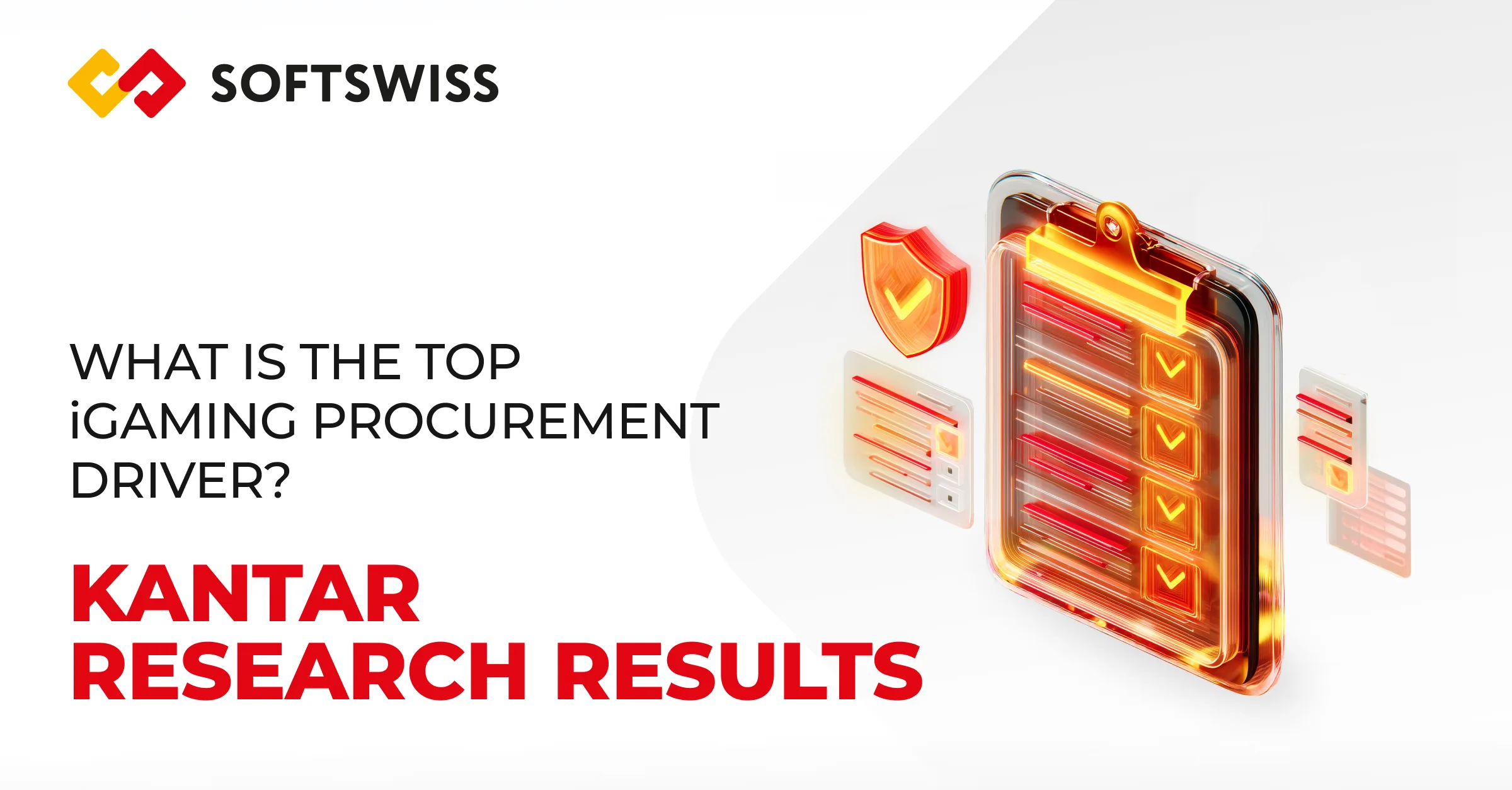Since its inception, blockchain technology has undergone numerous significant changes. One of the most impactful advancements has been the introduction of smart contracts—self-executing agreements that ensure reliability and automation without the need for intermediaries.
What is a Smart Contract?
Simply put, a smart contract is a self-executing code that facilitates, verifies, and enforces agreements between parties without third-party involvement. By eliminating ambiguity in contract execution, smart contracts ensure that conditions are met exactly as specified.
A smart contract is essentially a piece of code embedded in a blockchain, designed to manage assets within the blockchain network. The contract executes automatically once predefined conditions are met. It is immutable, meaning it cannot be altered or reversed. The process begins with encoding the assets and contract conditions, which are then recorded on the blockchain. Once all conditions are fulfilled, the assets are transferred. If any requirement remains unmet, the contract does not execute at all, ensuring accuracy and security.
Smart Contract Technology
Smart contract technology enhances blockchain’s value for businesses and developers by enabling secure and transparent transactions solely between participants. Traditional financial institutions are also adopting smart contracts to streamline processes. Investment banks, for example, have reduced transaction times by over 50% while significantly lowering operational costs. Clients benefit from minimized insurance payouts and reduced mortgage expenses.
Choosing a Smart Contract Platform
The first step in creating a smart contract is selecting a suitable blockchain platform. While Ethereum is the most widely used, several other platforms offer smart contract functionality:
- Bitcoin: Features a scripting language that defines transaction conditions, but it is limited to basic arithmetic, logic, and cryptographic operations.
- Side Chains: Provide extended capabilities for smart contracts beyond Bitcoin’s limitations.
- Ethereum: A widely used platform allowing for fully customizable smart contracts, though transactions must be executed using its native cryptocurrency.
- NXT: A public blockchain platform that offers predefined templates for smart contracts but lacks the flexibility to create custom code.
Limitations of Smart Contracts
While smart contracts offer numerous advantages, they also come with notable drawbacks:
- Immutability: Once deployed, a smart contract cannot be easily modified. This can be problematic if errors or unforeseen circumstances arise. Developers are working on solutions like “emergency exit” mechanisms that allow predefined amendments, updates, or cancellations.
- Transparency Issues: Blockchain’s public nature means that contract details are visible to everyone. This could expose business strategies to competitors. A potential solution is the use of private repositories that separate confidential data from the blockchain. However, these repositories can still be vulnerable to cyberattacks. Decentralized storage systems such as the InterPlanetary File System (IPFS) may offer a more secure alternative.
- Security Risks: While blockchain data itself is highly secure, vulnerabilities in smart contract code can be exploited by hackers. Malicious actors can identify and leverage coding errors to steal funds or disrupt operations. Ensuring rigorous security audits and best programming practices is essential to mitigating such risks.
The Future of Smart Contracts
As smart contracts continue to evolve, new technologies and security measures will enhance their usability and reliability. The integration of artificial intelligence, improved governance models, and hybrid blockchain architectures may address current limitations, making smart contracts a standard feature in various industries.
By overcoming existing challenges, smart contracts have the potential to revolutionize financial services, supply chain management, and numerous other sectors, fostering a more transparent and efficient digital economy.
Read more: Cash advance at casino with debit card












